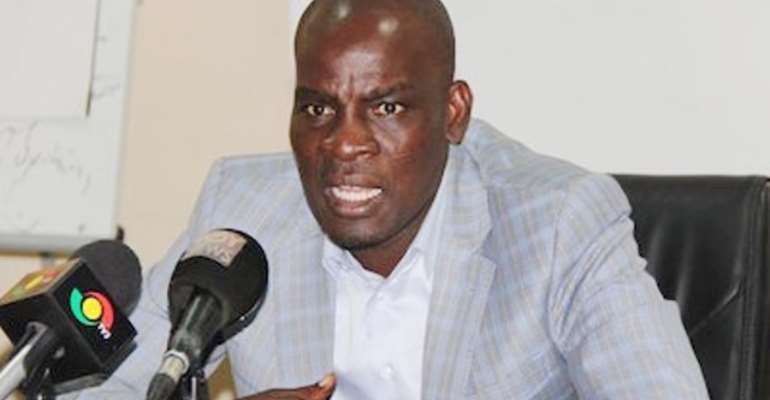SC ruling on voting right of Deputy Speaker an interference in Parliamentary Convention - Minority Leader
“Everywhere in the world, in civilized Democracies including the United Kingdom, the Presiding officer’s vote is discounted," Mr. Iddrisu noted.

The Minority Leader of Parliament, Haruna Iddrisu has described the Supreme Court ruling that allows Deputy Speakers to vote and be counted to form a quorum as a ‘Judicial interference’ of Parliamentary convention.
According to him, it is the practice in developed Democracies for the votes of presiding officers to be discounted.
“Our attention has been drawn to a very disappointing ruling by the Supreme Court of Ghana will more or less, amount to Judicial Interference in time-tested Parliamentary practice and established convention.”
“Everywhere in the world, in civilized Democracies including the United Kingdom, the Presiding officer’s vote is discounted so it is not for nothing that Article 102 provides that a person presiding shall have no original nor casting vote,” he noted.
Speaking to the Press at the Parliament House on March 9, 2022, minutes after the ruling, the Minority Leader further described the ruling as “repugnant to the provisions of Articles 102 and 104” of Constitution 1992 and a ‘travesty of Parliamentary Justice and stub in the growth and development of multiparty constitutional democracy built on the principles of checks and balances”
The Supreme Court on March 9, 2022, unanimously okayed the decision by the 1st Deputy Speaker of Parliament to participate in Parliamentary voting and to be counted in forming a quorum for deliberations.
A seven-member panel presided over by Justice Jones Dotse unanimously declared that the two Deputy Speakers of Parliament are members of Parliament thus can be counted as present for the purposes of making decisions in Parliament when presiding thereby dismissing an application by a private Legal practitioner and lecturer of UPSA Law School Justice Abdullai, which sought the constitutionality of the same.
Additionally, the apex Court described as unconstitutional, order 109(3) and struck out same.
The applicant sought the interpretation of Articles 102 and 104 of the Constitution, 1992 by the Supreme Court in order to declare a November 30, 2021 decision of the First Deputy Speaker of Parliament, Joe Osei Owusu as unconstitutional.
He further argued that the 1992 Constitution does not allow a person presiding over proceedings in Parliament to have an original or casting vote by way of forming a quorum.
Additionally, per the applicant, whenever the First and Second Deputy Speakers of Parliament are presiding, they have the same authority and mandate just as the speaker thus cannot vote or form part of a quorum.
Despite his position on the ruling, Mr Iddrisu admitted that the Supreme Court is clothed with the mandate and authority to interpret the law.
Additionally, he described as “intriguing” a view by one of the “Justices of the apex court that the quorum in Article 102 is not the same as the quorum in Article 104.”


